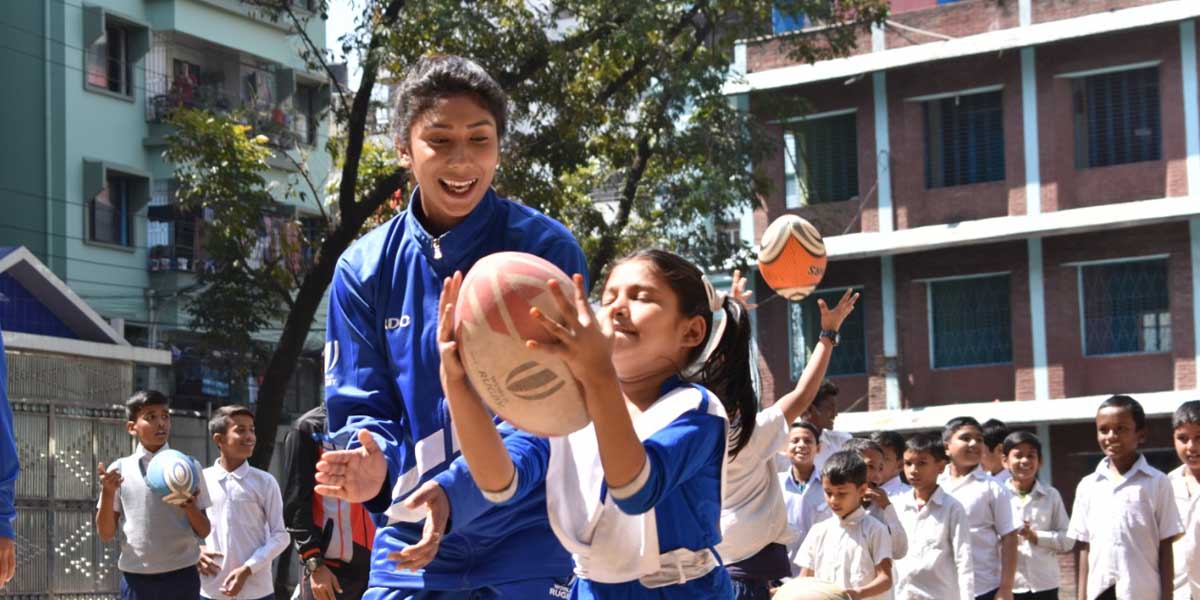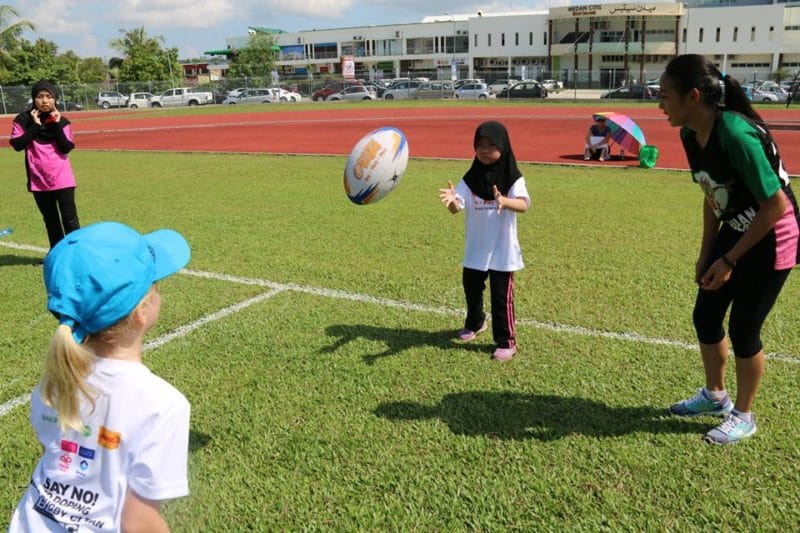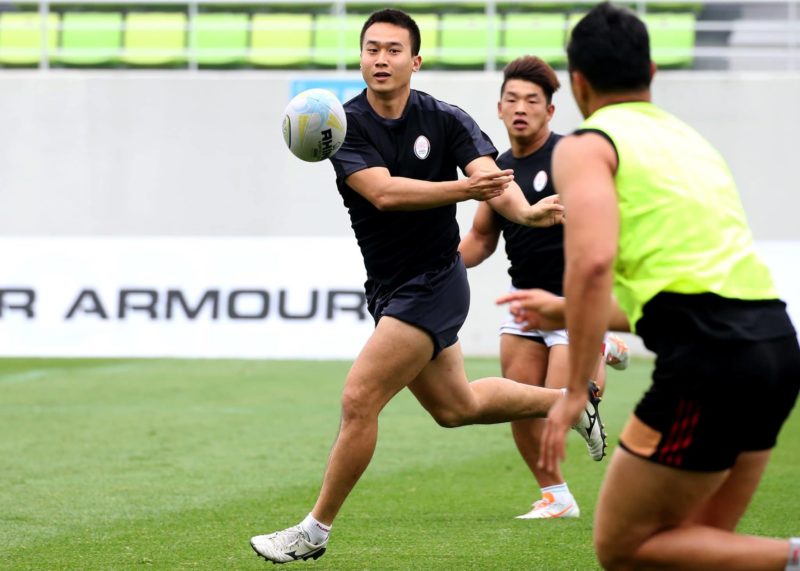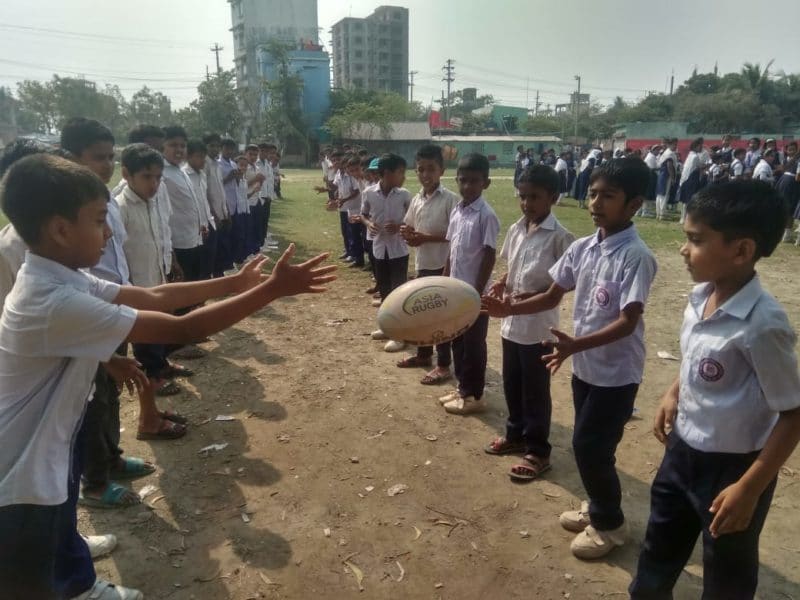Learning a new skill in sport is always challenging. Beginners often learn by observing their coaches perform a kick or tackle effortlessly. But when they begin to try it out themselves, it’s effortful and erroneous – like my first few months playing rugby!
If the first pass is too high, the beginner reduces the force with which he throws the next pass, which in turn leads to a short pass.
During the early stages of learning coaches often provide a list of rules about how to perform an action, and provide verbal feedback to correct movement errors as they occur. Although this strategy might seem helpful it utilises a lot of mental capacity.
Not only do players have to ensure that they follow all the rules (e.g., twist at the hips, pull your leading elbow high to the side of your body and other arm parallel to the ground, etc.) but they also need to keep track of the positions of their teammates and listen to corrections from the coach.
Rule-based learning – also known as explicit learning – is mentally demanding and it can also lead to choking under pressure (see Blog 1).
Rich Masters, a professor at the University of Waikato proposed an alternative approach – implicit motor learning – under which new skills are learnt with little to no conscious knowledge of how those skills are carried out. This learning approach has shown promise in a variety of sports (see Masters & Poolton, 2012).
One form of implicit motor learning is errorless learning. The idea behind errorless learning is that if one doesn’t make errors, there is no need to think about rules or techniques to correct them. Errorless learning has been shown to encourage implicit learning as beginners typically report very little technical knowledge about skills.
Jamie Poolton, a senior lecturer from Leeds Beckett University examined the effectiveness of training rugby passes using an errorless approach in which beginners started passing to a target at an easy distance and progressively moved further away (start passing 1m, 1.5m, 2m, 2.5m to 3m), thereby limiting errors.
The errorless approach proved successful for training passing skills implicitly, and provided an added advantage of better performance under dual-tasking and physical fatigue conditions compared to traditional explicit training.
In a game like rugby it is important to maintain performance under physical fatigue while also having spare attentional resources to multi-task and make decisions. Hence, errorless learning could be beneficial for training certain self-paced skills such as kicking and lineout throwing.
References
Masters, R. S. W., & Poolton, J. P. (2012). Advances in implicit motor learning. In A. M. Williams & N. J. Hodges (Eds.), Skill acquisition in sport: Research, theory and practice (pp. 207-228). London: Routledge.
Poolton, J. M., Masters, R. S., & Maxwell, J. P. (2007). Passing thoughts on the evolutionary stability of implicit motor behaviour: Performance retention under physiological fatigue. Consciousness and Cognition, 16(2), 456-468. doi:10.1016/j.concog.2006.06.008

She is a Postdoctoral Research Fellow at Nanyang Technological University and an Honorary Research Associate at the University of Waikato, New Zealand.
You can follow her @Nayhamal on twitter.
this is from a series of articles Neha Malhotra is writing for Asia Rugby
Other Articles By Neha
https://www.asiarugby.com/category/medical/neha-malhotra/





